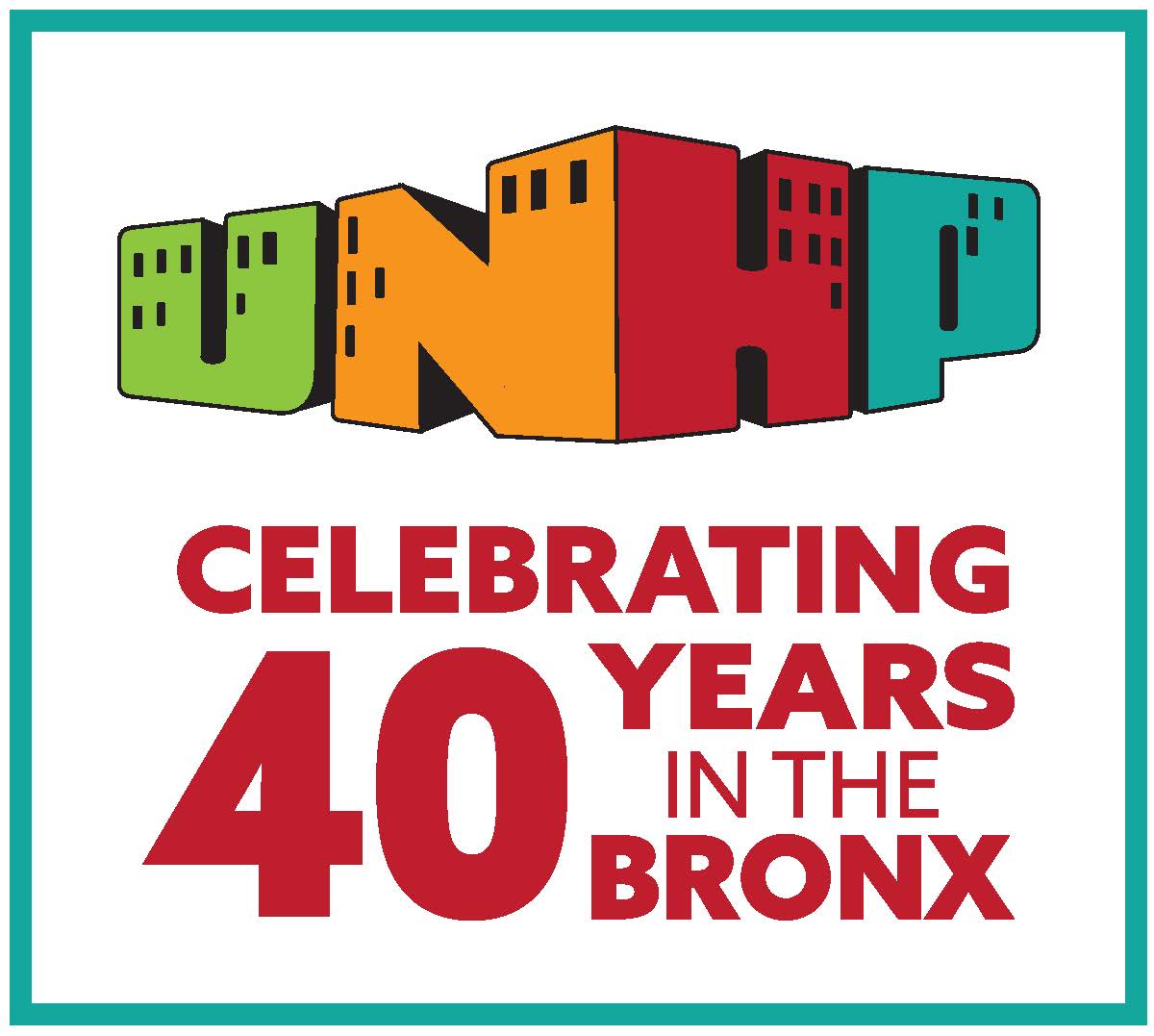Using Rent Guidelines Board data and water expense and usage data on a number of affordable buildings in the City, this report documents the disproportionate impact water costs have on affordable housing. The conclusion proposes a reduced water and sewer rate cap for buildings based on conservation and affordability commitments as an initial step in an effort to create an equitable rate setting formula. This proposed program would create a significant incentive to keep buildings from opting out of affordability regulatory agreements and a new tool to encourage owners to enter into regulatory agreements around affordability.
The Affordable Water for Affordable Housing report was released to coincide with the 2015-16 New York City Water Board Hearings. On April 29th, a group of UNHP staff, affordable housing managers and building owners testified in front of the Water Board at their Bronx hearing held at Hostos Community College. UNHP’s Jim Buckley shared our report with the Water Board members, “We have always testified against rate increases and tonight is no exception. The difference tonight is that we are also submitting our report Affordable Water for Affordable Housing for your consideration. We provide documentation to support our case that there should be a special rate for buildings with affordability regulatory agreements. Specifically, we are proposing a $688 per apartment per year Affordable Housing Cap. To be eligible, buildings would either be currently under a regulatory agreement with affordability restrictions, or be willing to enter one. Buildings would have to comply with requirements of the Multifamily Conservation Program and implement a water conservation awareness program for tenants and building staff.”
Ray Alter, spoke on behalf of Dougert Management, the manager for over 3,000 affordable units in Bronx and Brooklyn. Dougert Management has found that for 2014, “a number of the low income properties we manage actually show water expenses that are higher than heating costs.” Ray went on to support UNHP’s proposal and the urgent need to protect affordable housing from ever increasing water and sewer costs. Patrick Logan of the Lemle Wolffe Companies, manager of 6,000 apartment buildings primarily in Northern Manhattan and the Bronx, delivered testimony in support of UNHP’s proposal. “…the increase is really quite significant to affordable multifamily buildings taking into account the already high percentage that water and sewer represent of both total maintenance and operations costs and overall income. … a cap would help facilitate the ability of housing operators to preserve 120,000 units over the next ten years rather than to permit the escalation of water and sewer charges to serve as an obstacle to this goal.”
UNHP held a June 24th Cost of Water Forum; Balancing Fairness, Affordability and Conservation at Fordham's Lincoln Center campus to begin the next phase of discussion about UNHP's proposal to make the charge for water and sewer more equitable for affordable housing. Invited panelists from The S.W.I.M. Coalition, and Enterprise Community Partners discussed their work with the 80 attendees around the issue of water, equitable rates and conservation. Jim Buckley called the forum an important next step in the discussion and the effort to develop a new way of charging affordable housing for water. Comments at the May New York City Water Board meeting made it clear that the UNHP report has helped to focus City attention on this issue. UNHP hopes to capitalize on this attention and to work with groups like S.W.I.M. and Enterprise Community Partners to press the issue forward over the summer.
UNHP will continue to work with affordable housing building owners and managers to fight for an affordable housing cap and a more equitable water and sewer rate determination. Contact Jim@UNHP.org to get involved.
